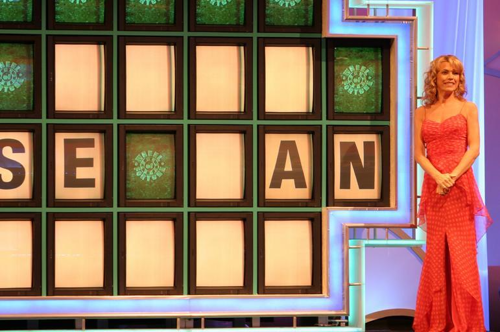
Why can’t a genetic test predict diabetes? It only says I have a bigger/smaller chance.
January 19, 2018

A curious adult from California asks:
"Why can’t a genetic test predict whether I will get Type 2 diabetes? Why can it report only a bigger or smaller chance of getting it?"
There are lots of reasons genetic tests can’t perfectly predict your risk for Type 2 diabetes right now.
One is that this is the sort of disease where the environment plays a big role. Even with great genetics, if you don’t exercise and eat Twinkies all day, you’ll be at a greater risk for Type 2 diabetes. And someone with terrible genetics who runs triathlons and is a vegan may be at a lower risk than you are with your poor habits and great genetics.
So genetics is not the whole story.
Another problem is that we have an incomplete understanding of how someone’s set of genes causes them to end up with Type 2 diabetes. I mean really incomplete.
The key problem is that more than one gene affects your chances of ending up with high blood sugar. There are lots of genes that influence this and we don’t know what most of them are.
So we are trying to predict something with incomplete data. Again, I mean really incomplete.
Often a genetic test will be based on just one or two of the probably hundreds of genes that can increase your risk for type 2 diabetes. Really good ones might use 10 or 15.
This is like trying to solve the final puzzle on Wheel of Fortune with just a “z”. You might figure it out ... but odds are you won’t.
As we get a better understanding of the genes that can affect your odds of getting Type 2 diabetes, the tests should get better. We will add a few more consonants and maybe a vowel to the puzzle!
Of course keep in mind the role diet and exercise play too. No matter how good your set of genes might be, if you don’t eat right and get off the couch occasionally, you might still be in trouble.

Coffee Jitters: A Simpler Case
The thing in coffee that gives it its oomph is caffeine. It can perk you up when you are run down.
But caffeine doesn’t last forever. Eventually it wears off and you need another cup. Or two.
Caffeine peters out because your body slowly breaks it down. And your genes determine how well your body does this.
This is a big reason why some people can get away with a single latte while other people need a triple shot. The first people’s bodies break the caffeine down slowly so the jolt lasts while the second people’s bodies break it down lickety split. What makes the first person jittery barely keeps the second person’s heart beating!
(As with lots of other things, the environment plays a role too. If you drink coffee for a long time, your body can get used to it. Which means you’ll need to drink more than a caffeine virgin with the same genetics will.)

One of the key genes in all of this actually breaks the caffeine down. It is called CYP1A2.
Some people have a super-powered version of this gene that can break caffeine down quickly while other people have a wimpier version that breaks it down more slowly.
Many genetic tests look to see which version you have to help you figure out your caffeine tolerance. If you have two speedy copies, you can drink a lot of coffee and if you have two slowpokes, you can’t drink as much. And if you have one of each, you are somewhere in the middle.
Unfortunately for these test takers, this is not the only gene in the caffeine-breakdown business. Another gene, AHR, helps figure out how much of that first one gets made.
This adds a layer of complication.
Imagine your body makes the super-powered gene that breaks caffeine down fast. Some genetic tests will tell you that you can handle a lot of caffeine. But you know this isn’t right because you get the jitters from just a single cup.
This is where AHR might play a role. Imagine that because of your AHR gene, you actually make very little of your super-powered caffeine destroyer. Now even though you have that powerful version of the first gene, your wimpy copy of the second gene sabotages the whole thing.
A little of something powerful could be equivalent to a lot of something wimpy.
A test that just looks at one gene can easily get it wrong. And even tests that look at both could be wrong because these are not the only two genes involved in breaking down caffeine.
Now multiply all of this by 100 or so to get a feel for what a Type 2 diabetes genetic test is up against. The genes the test looks at might predict you have a higher risk but all of those unknown genes might push things the other way.

Your genetic test might say you are at a higher risk even when you aren’t!
Again, as we learn more and more, things will get better. More letters will be filled in to the Wheel of Fortune puzzle so that they can get the right answer.
The right genetic answer anyway. What you do and how you live your life will still play an important role.

Author: Dr. D. Barry Starr
Barry served as The Tech Geneticist from 2002-2018. He founded Ask-a-Geneticist, answered thousands of questions submitted by people from all around the world, and oversaw and edited all articles published during his tenure. AAG is part of the Stanford at The Tech program, which brings Stanford scientists to The Tech to answer questions for this site, as well as to run science activities with visitors at The Tech Interactive in downtown San Jose.
 Skip Navigation
Skip Navigation
